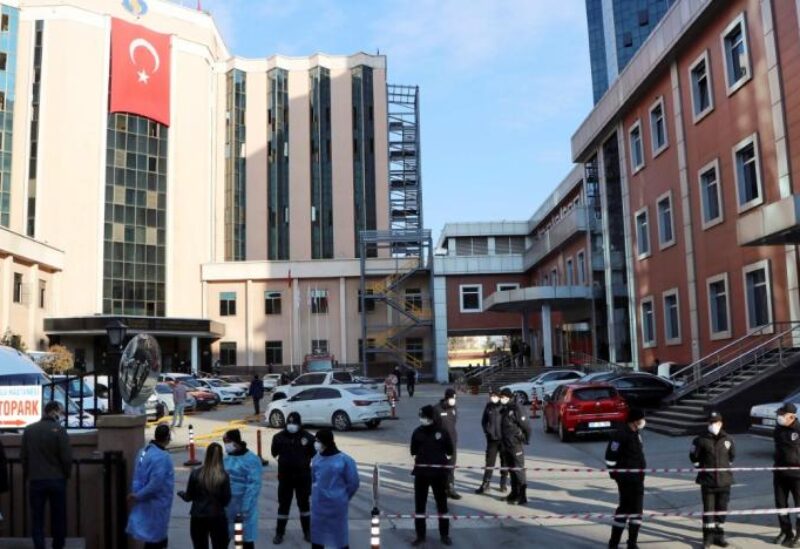
Turkey’s opposition leader and Republican People’s Party (CHP) Chairman Kemal Kilicdaroglu has called on Ankara to restore diplomatic relations and bilateral ties with the Syrian government of President Bashar Al-Assad.
Kilicdaroglu has also urged the reopening of the Turkish and Syrian embassies in the two countries, stressing the need for peace in Syria so that refugees may return to their homes.
“If we were in power, there would be no problem in Syria, but relations with Damascus need improving in any way,” said the leader in an implicit hint directed at the ruling Justice and Development Party (AKP).
“The embassies must open again,” added Kilicdaroglu.
As for how Syrian refugees are affecting Turkey’s economy, Kilicdaroglu said they are creating unwanted competition to local industries and guilds.
“Syrians settled here and carry on their business, which caused a serious problem for the industrialists and the residents,” he said during a visit to Turkey’s southern Gaziantep province on Sunday.
Noting that there are between 500,000-700,000 Syrians in Gaziantep, Kilicdaroglu stressed the need to change the current situation and bring peace to Syria immediately.
For Kilicdaroglu, Syrians may pose a serious demographic threat in the future, especially that there are more Syrians than Turks in the southern Kilis province.
He went on to push for the European Union (EU) to take over reconstruction in the war-torn country.
“The EU should build roads, bridges, schools, hospitals, and parks in Syria,” said Kilicdaroglu, adding that after reconstruction, Syrians must be told to “go home,” where they’ll have all their needs met.
So far, it is the CHP spearheading efforts for reestablishing ties with the Syrian regime in Turkey.
The opposition party believes that Turkey’s current policy on Syria was based on grave miscalculations.
Turkey hosts around 3.7 million Syrians, the majority of whom are settled in Gaziantep and Istanbul.